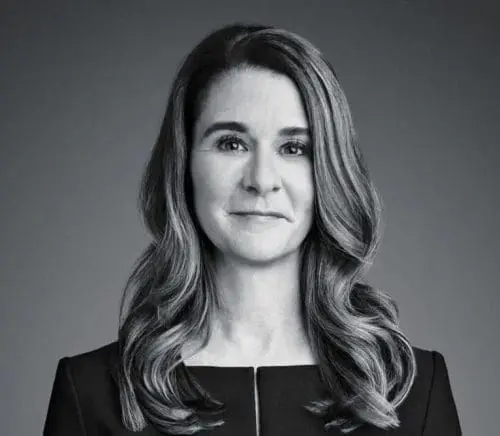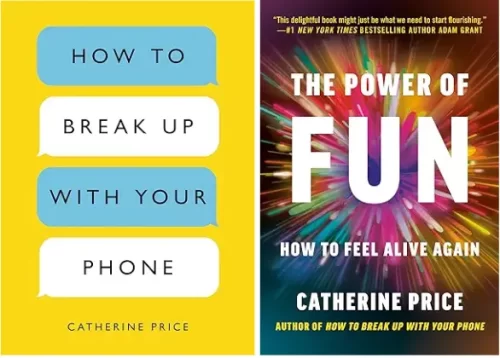by Yesenia Gomez-Carrillo
As a parent of a 2-year-old, I see her proudly enter the toddler stage, as she begins to explore the world around her, and become more independent and active. Additionally, I recognize my husband as he thrives and embraces this new stage. I see their bond and connection strengthen. My husband has every Monday off, which allows them to have one-on-one time together. When I come home, I get to hear about their day. Sometimes it’s full of fun things like going to the park or beach, playing with our dogs outside, sometimes it’s running errands or playing at home together. What I adore is how they cherish their time together, infusing it with playful elements in everything they do. My husband loves the memories he’s creating with our daughter and feels her love. I hope my daughter cherishes their time together. As we approach Father’s Day, I hope all father figures feel valued, loved, appreciated, and celebrated every day of the year.
Dear Yesenia, When I was growing up, my dad was strict and didn’t show much affection, we didn’t have a close relationship. He was hardly around because he worked two jobs. Now that I have sons, I hear myself saying some of the same things to them, and I worry that I’m turning into my dad. I want to have a better relationship with my sons than I had with my dad. Do you have any tips for me? Christopher
Dear Christopher, The fact that you’re asking this question means that you’re on the right path. Father figures
play an important role in children’s healthy development. Studies show that children with an involved father or father figure in their lives are more likely to be confident, emotionally secure, able to get along with peers, and less likely to get in trouble at home, school, or in the community. So, the bottom line is, dads and father figures are important! Here are some tips to try in your family:
Remember that little moments matter. Many parents fear that spending quality time with children requires a lot of time or money and end up convincing themselves “it can wait.” In reality, small moments add up and create a lasting impact. Think about the kinds of memories you want your children to have of you when they get older. Are you playing games, laughing,
Reading, hugging, telling jokes, or just being silly? Imagine the memories you want to create, then do those things together for small chunks of time frequently throughout the day. This forms the foundation of a good relationship that lasts a lifetime.
Eat meals together. Meals provide a chance to be together as a family and spend time talking and paying attention to each other. This gives younger children a sense of security and belonging in the family and lets teens know their parents still care about what’s going on in their lives. Studies have also shown that eating meals together improves children’s eating habits and school performance. What’s not to like about that?
Give affection in different ways. Giving affection is one way to show your children that you notice and value them. This can feel unnatural or even impossible for some parents, especially if their own parents didn’t show a lot of affection. Or some children are sensitive to touch and find physical affection unpleasant. If either of these is true for you, try giving small amounts of affection in ways that feel comfortable to you and your children. Use loving words, a light pat on the back or a smile to show you care.
Set a good example. You are your children’s lifelong teacher. They are constantly learning by watching and listening to the way you communicate with others, handle emotions, and solve problems – even when it seems like they’re not paying attention to you. Model the behaviors you want your children to learn – like expressing emotions, giving affection, listening and cooperating with others – and they are more likely to learn those skills, too.
Final Thoughts: Being a parent is hard work, but that hard work will pay off. Remember that small acts of love and kindness make a big difference, and your presence is the best gift you can give your children.
This monthly column provides tips for anyone who is raising children, based on the world-renowned Triple P – Positive Parenting Program, available to families in Santa Cruz County. If you have questions for a future column, email me at triplep@first5scc.org.
 Yesenia Gomez-Carrillo is the mother of a 2-year-old daughter and the Triple P Program Manager for First 5 Santa Cruz County. Scientifically proven, Triple P is made available locally by First 5, the Santa Cruz County Health Services Agency, and the Santa Cruz County Human Services Department. To find a Triple P parenting class or practitioner, visit http://triplep.first5scc.org; http://www.facebook.com/triplepscc, or contact First 5 Santa Cruz County at 465-2217 or triplep@first5scc.org.
Yesenia Gomez-Carrillo is the mother of a 2-year-old daughter and the Triple P Program Manager for First 5 Santa Cruz County. Scientifically proven, Triple P is made available locally by First 5, the Santa Cruz County Health Services Agency, and the Santa Cruz County Human Services Department. To find a Triple P parenting class or practitioner, visit http://triplep.first5scc.org; http://www.facebook.com/triplepscc, or contact First 5 Santa Cruz County at 465-2217 or triplep@first5scc.org.





